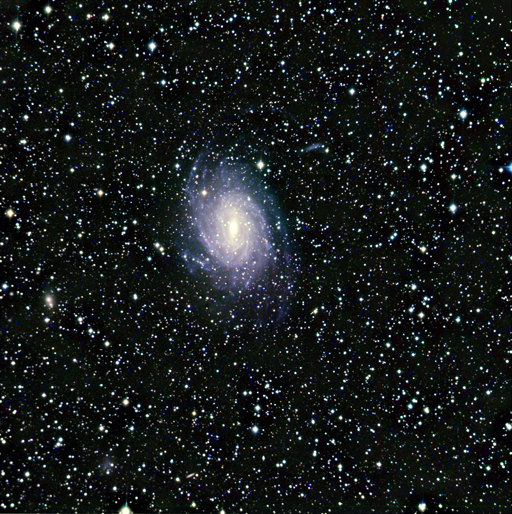
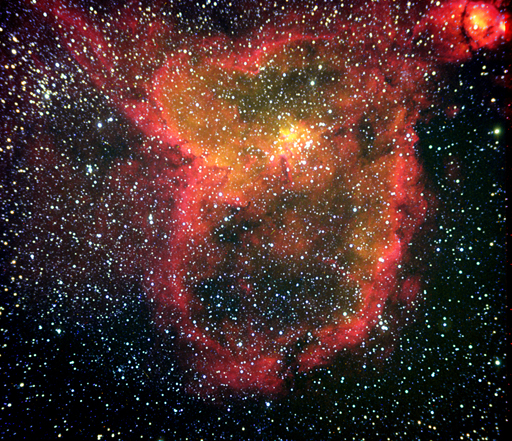
Ever wanted to use a telescope to observe the sky?
Ever wanted to use computerised equipment worth thousands of dollars to take your own pictures of the sky?
Ever wondered what is the story behind those spectacular images that the Hubble Space Telescope produces?
Ever wondered about the possibility of doing some science with a small telescope?
Ever wanted to study a course with NO midterm exams to stress over and NO overpriced, superexpensive textbooks to buy? :-)
If you answered "yes" to ANY of the above questions, then Astronomy 2401: Observational Astronomy is THE course for you!
 |
 |
Astronomy 2401 is no ordinary lab/science course. In it, you will explore not only how to take spectacular images of the sky, but why you must take the various steps to produce them. You will also study how to do basic science with your images including variable stars, asteroids and spectroscopy. You will also study extra-solar planets and how to detect them for yourself. Does this interest you? Enroll in Astro 2401 and find out!
The laboratory component of the course is devoted to learning how to operate computer-controlled telescopes and imaging equipment to take you own images of the sky, and how to process those images to produce your own spectacular colour pictures and how to analyse those images to perform basic science. The best of the images and the results will be posted here on the course website for you to show off to the world!!
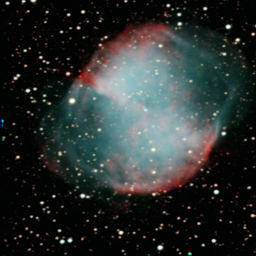 Images from Autumn 2010. |
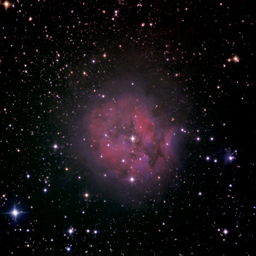 Images from Spring 2011. |
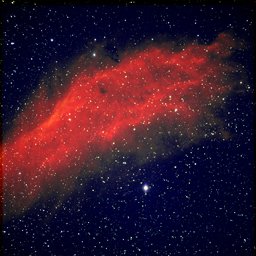 Images from Autumn 2011. |
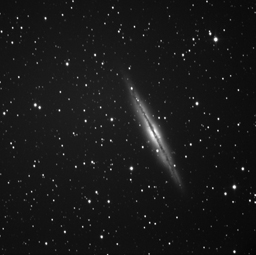 Images from Spring 2012. |
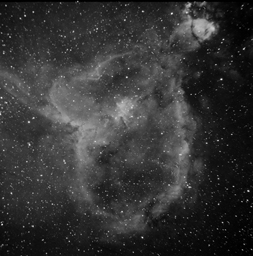 Images from Autumn 2012. |
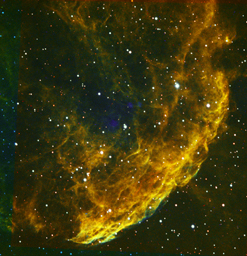 Images from Spring 2013. |
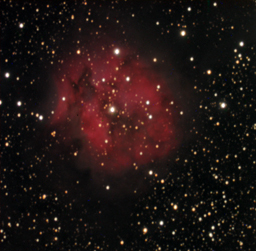 Images from Autumn 2013. |
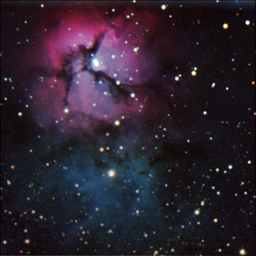 Images from Autumn 2014. |
To achieve all this, the University has an excellent observatory on off-campus, housing the latest in telescopes and CCD imaging equipment. With this equipment, it is possible to obtain quite magnificent pictures of the universe despite the moderate the light pollution in the area. Many of the images shown on this page were taken from the observatory.
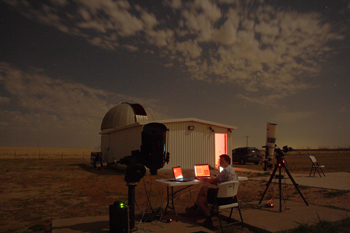
The course does assume that you have some basic knowledge of astronomy, after all, it is not much point in discussing extra-galactic astronomy if you do not know what a galaxy is!!! Therefore to enrol, you must have completed one of the introductory astronomy courses, AS 1400 The Solar System; or AS 1401 Stars, Galaxies and Cosmology; or have permission from the course Instructor.
 |
Instructor: Dr. Maurice Clark, Room Science 014 Contact: tel 806 834 0047 e-mail maurice.clark@ttu.edu Website Home page for Dr Clark Office Hours: Wednesday 3:00-5:00. Thursday 4.30-6.00 PM. These are the times when I will be available in my office for discussions on any problems you might be having with the course. You are also welcome to come up to my office at any other time, although I cannot guarantee to be available. Text: None prerequisites: Either Astronomy 1400; Astronomy 1401; or permission from the course Instructor |
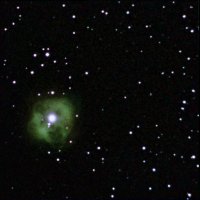 |
|
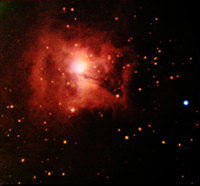 |
The lecture material is covered in a "Topic" format. That is, the lectures will be build around a number of topics. The first section of the course will centre on how to use a computer-controlled telescope and how to plan for a night's observing. Then will follow how digital detectors work. The third section will cover image processing and the fourth will cover variable stars. Next will come planetary imaging followed by spectroscopy and finally asteroids. These will be covered durring the Tuesday lecture time. The Thursday lecture periods will for the most part, be used for laboratory sessions for you to gain practical experience in the material covered during the lectures. As often as the weather allows, Tuesday nights will be spent out at the observatory gaining experience with the telescopes and imaging.
There is no assigned text for this course. However that does not mean that there are not things that you should read. If you still have your old AS 1400/1401 textbook you may find that useful for some background reading. There are also a number of very good internet resources that you are advised to make full use of.
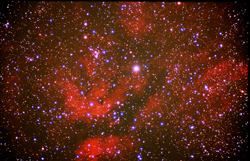 |
|
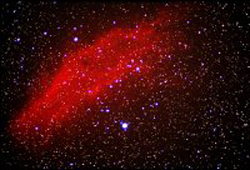 |
Astronomy 2401 is aimed at those who have an interest in astronomy and who would like to learn more about observing and imaging the sky, and for those who are interested in astronomy as a career. It is also aimed at anyone who is interested in astronomy as a hobby. With this in mind, the following are the major points that I would hope you will gain from the course.
1. To gain confidence in your abilities to operate a computer-controlled telescope and imaging equipment, and to find objects in the sky.
2. To be able to use a CCD to take images of celestial objects and then process those images either as "pretty pictures" or analyse them scientifically.
3. To be able to communicate your observations with others.
4. Use a CCD and a DSLR to take images of celestial objects and then process those images either as
"pretty pictures" of analyse them scientifically
5. Have the tools needed to continuing enjoying astronomy on their own as a hobby if desired,
including using a simple telescope to make observations of and identify celestial objects.
6. Understand the various types of variable stars, their study, and their importance in astronomical
research
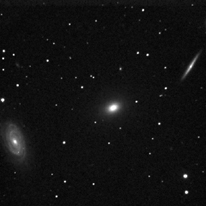 |
|
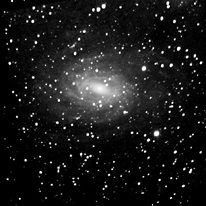 |
Essays |
|
|
Project |
|
|
Indoor Labs |
|
|
Observation Portfolio |
|
|
Comprehensive Final Exam |
|
|
Essays:
During the semester you will be required to write 2 essays dealing with material covered during classes. These should be about 4 pages in length and you will be expected to research the material yourself. The material covered in class will only be an introduction.
Project:
During the final week of the course, you will present a 5 - 10 minute powerpoint presentation concerning an object of your choise that you have imaged during the semester. Your presentation should address what is known about the object, why you chose that particular object, how and with what equipment you imaged it, and the processing of those images to produce the final result. Check out the links above to see presentations from previous semesters.
Indoor Labs:
The laboratory sessions will be conducted indoors if the Tuesday night observing session is clouded out and on Thursdays. These will be the times for you learn how to use the various software programs involved both for this, and for operating the telescopes and ancillary equipment. At the end of these labs, you will hand in a summary of the activities you undertook and their results. They will also be used for you to process and analyse your own images. If you are processing your own images, the notes you make during the lab and a printout of the final image are to be included in your observing portfolio.
Observing Sessions:
Whenever the weather is cooperative, the laboratory session will be conducted at the observatory. Keep in mind that during the winter months it can get quite cold at the observatory, so dress accordingly! Following an initial visual observing session to familiarise you with the telescope, subsequent observing sessions will be using the CCD cameras to image various celestial objects. During some imaging sessions, it may also be possible to spend some time visually observing the sky with other telescopes.
Observing Portfolio:
In astronomy, just as with any science, recordkeeping is extremely important. This is what your observing portfolio is for. It is here that you keep a detailed diary of all your observations and their results. Periodically during the semester, you will be requested to hand this in so that it can be checked for completeness.
Final Exam:
This will be held during the normal final exam period and will cover all of the material discussed during the lectures.
Grading Criteria:
Here are my primary grading criteria for both the labs and the essays:
# Did you understand the point of the assignment? Does what you did make sense?
# Do your answers to "critical thinking" questions demonstrate that you have thought the question through logically?
# How well have the scientific skills we've covered prior to the assignment been incorporated?
# Did your work meet the purpose of the assignment? (for example, in an essay, did you clearly state your thesis and were you able to present your case in a clear and logical manner? Did you acknowledge your sources correctly?)
# Were the facts you stated in your work correct?
# Were your results communicated clearly? This may not be a writing class but good communication skills are important no matter what you do in your life. If I don't understand what you're saying I will have to assume you don't either. Poor grammar and spelling and illegibility will also count against you.
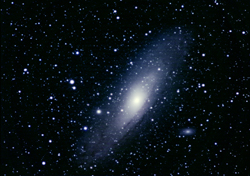 |
|
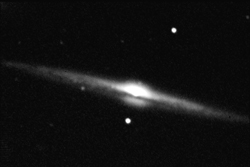 |
|
|
|
|
|
|
|
|
|
|
|
|
|
|
|
|
|
|
|
 |
|
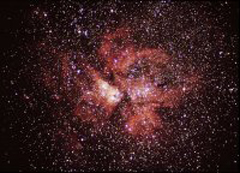 |
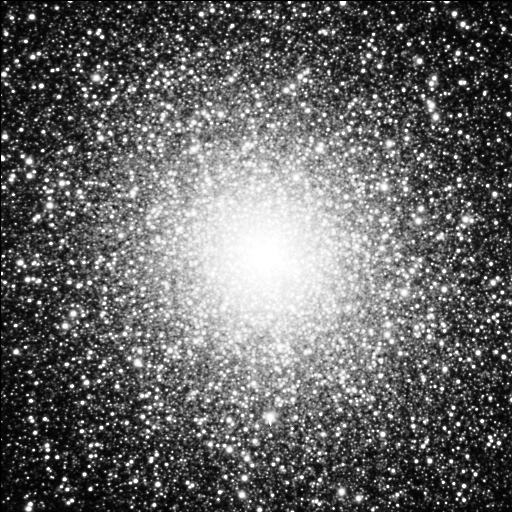 |
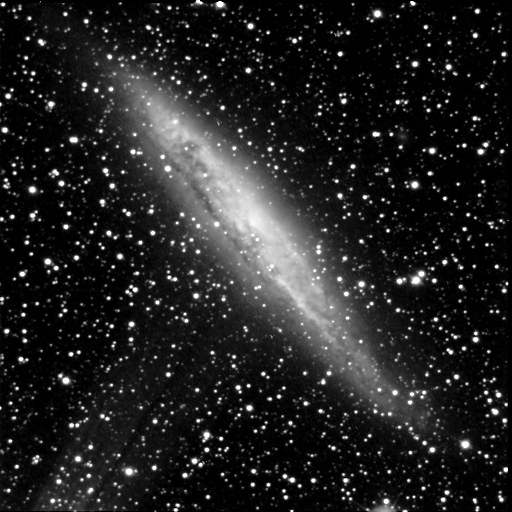 |